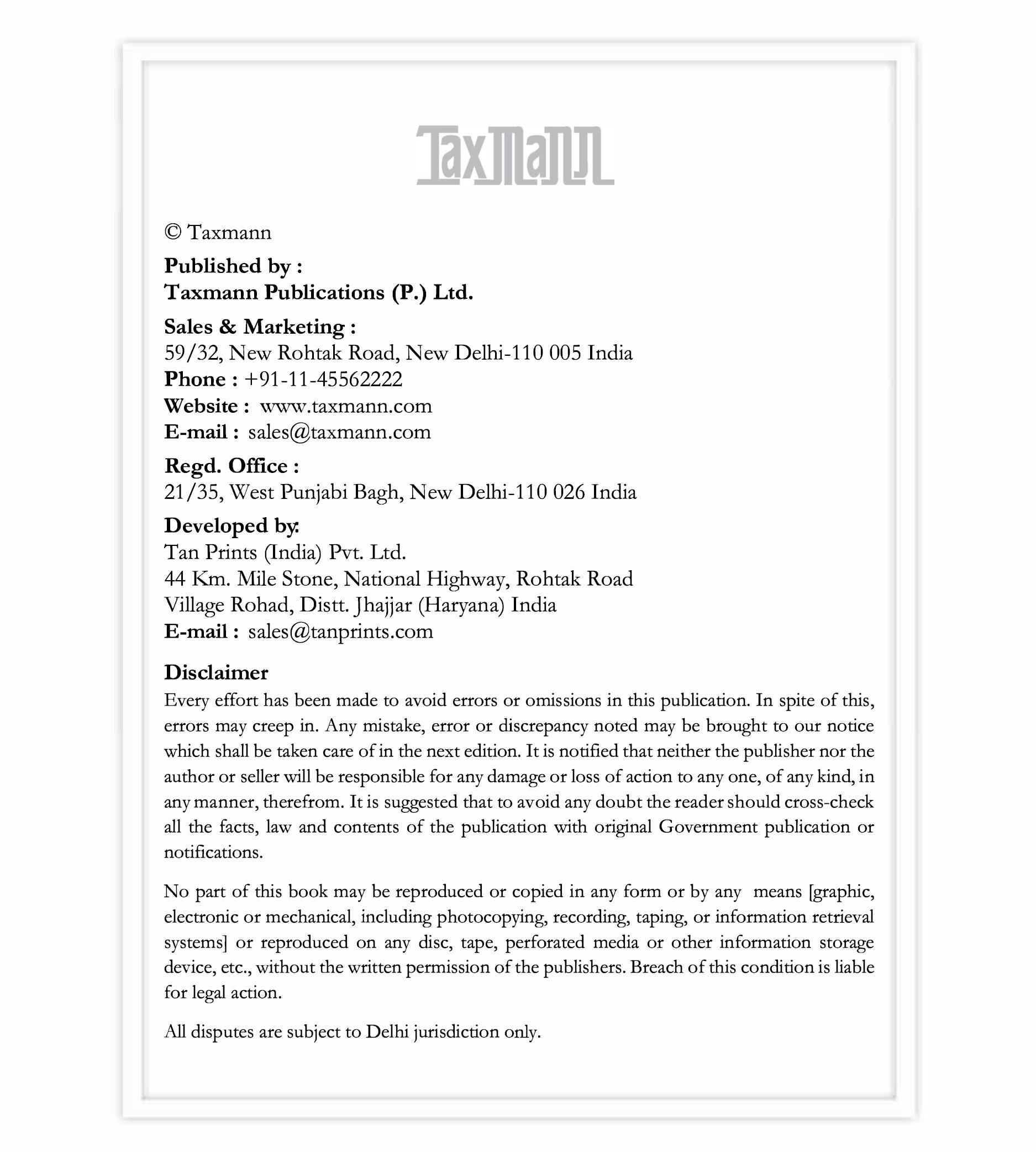





A company planning a mega IPO in India today faces a dilemma. On one hand, regulations require a sizeable portion of shares to be offered to the public and for promoters to steadily reduce their stake to meet minimum public shareholding (MPS). On the other hand, when a company’s market cap runs into several lakh crores, pushing such large volumes of stock into the market can be impractical. It may depress prices, affect liquidity, and discourage issuers from listing domestically.
In the present Consultation Paper, SEBI attempts to address this tension by proposing calibrated relaxations for very large issuers.
Under Rule 19(2)(b) of the Securities Contracts (Regulation) Rules, 1957 (SCRR), companies must comply with specific thresholds for Minimum Public Offer (MPO) at the time of listing and thereafter reach MPS levels within defined timelines. The existing structure is broadly:
MCap > 1,00,000 Cr 5000 Cr and at least 5% of the post issue share capital
MPS of 10% to be achieved in 2 years and 25% within 5 years from the date of listing
Note: All values except for those expressed as % are in Rs.
Feedback from large issuers highlighted several issues:
a) A company with Rs. 5,00,000 crore post-issue market cap must float shares worth Rs. 30,000 crore under current rules. Such an issue is difficult to absorb.
b) Anticipation of future large-scale dilution to meet MPS may suppress valuations.
c) Large, cash-rich, or stable businesses may not need to raise capital regularly, making forced dilutions unnecessary.
d) These often find the timelines impractical.
4.1.
Currently, issuers fall into broad market capitalisation slabs, which directly determine their Minimum Public Offer (MPO) size and timelines for achieving Minimum Public Shareholding (MPS). When these slabs are too wide, companies at the lower and upper ends of the same bucket face very different obligations, often leading to impractical dilution requirements.
To address this, SEBI has proposed to sub-divide the thresholds so that obligations are more proportionate to the actual size of the issuer.
4,000 Cr < MCap ≤
1,00,000 Cr
50,000 Cr < MCap ≤
1,00,000 Cr
MCap > Rs. 1,00,000 Cr Rs. 1,00,000 Cr < MCap ≤ Rs. 5,00,000 Cr
MCap > Rs. 5,00,000 Cr
4.2. Revision of MPO for Issuers with Market Cap Between Rs. 50,000 Cr and Rs. 1,00,000 Cr
For companies with a post-issue market capitalisation above Rs. 50,000 crore but not exceeding Rs. 1,00,000 crore, SEBI has proposed to reduce the Minimum Public Offer (MPO) requirement. Instead of the current mandate of 10% of post-issue share capital, such issuers would be required to offer at least Rs. 1,000 crore and a minimum of 8% of post-issue share capital.
4.3. Revision of MPO for Issuers with Market Cap Above Rs. 1,00,000 Crore
The SEBI has proposed a new framework for Minimum Public Offer (MPO) requirements for very large issuers, replacing the existing mandate of Rs. 5,000 crore and at least 5% of post-issue share capital. The revised thresholds are:
a) Rs. 1,00,000 Cr < Market Cap ≤ Rs. 5,00,000 Cr
Minimum Public Offer of Rs. 6,250 crore, with at least 2.75% of post-issue share capital
b) Market Cap > Rs. 5,00,000 Cr
Minimum Public Offer of Rs. 15,000 crore, with at least 1% of post-issue share capital, subject to a minimum dilution of 2.5%.
4.4. Extension of MPS Timeline for Issuers with Market Cap Between Rs. 50,000 Cr and Rs. 1,00,000 Cr
For companies with a post-issue market capitalisation above Rs. 50,000 crore but not exceeding Rs. 1,00,000 crore, SEBI has proposed to extend the timeline
for achieving Minimum Public Shareholding (MPS) of 25%. Instead of the current requirement to meet this threshold within 3 years from listing, such issuers would be allowed 5 years from the date of listing to comply.
For companies with a post-issue market capitalisation exceeding Rs. 1,00,000 crore, SEBI has proposed differentiated timelines for achieving Minimum Public Shareholding (MPS), based on the level of public holding at the time of listing:
a) If public shareholding is less than 15% at listing
Increase public shareholding to 15% within 5 years. Then, increase further to 25% within 10 years.
b) If public shareholding is 15% or more at listing
Increase public shareholding to 25% within 5 years.
SEBI has proposed that the benefit of extended timelines for achieving Minimum Public Shareholding (MPS) should also apply to companies already listed but yet to comply, in the following manner:
a) Issuers still within current timelines: Those who have time left under the existing framework, but have not yet reached the required MPS, may use the extended timelines.
b) Issuers already non-compliant: Entities that have crossed the existing deadlines but would fall within the new extended timelines may also avail the relaxation. However, fines or penalties imposed by stock exchanges will continue to apply for the period of non-compliance until the new rules take effect.
c) Calculation of extended period: The extended timelines will be counted from the date of listing of the entity’s shares.
In its earlier consultation paper dated July 31, 2025, SEBI had proposed reducing the retail quota in IPOs exceeding Rs. 5,000 crore from 35% to 25%, citing execution challenges in very large issues.
After further review, the SEBI has now proposed to address these concerns by easing of the MPO requirements for large issuers instead. Accordingly, the retail quota will continue at 35%, in line with Regulation 32 of the SEBI (ICDR) Regulations, 2018. The earlier proposal of July 31, 2025 stands modified to this extent.
Post-Issue Market Cap
Rs. 10,000 Cr 10% = Rs. 1,000 Cr No change
within 3 years No change
Rs. 50,000 Cr 10% = Rs. 5,000 Cr No change 25% within 3 years No change
Rs. 80,000 Cr 10% = Rs. 8,000 Cr
Rs. 2,00,000 Cr
Rs. 10,00,000 Cr
Rs. 5,000 Cr + 5% = Rs. 15,000 Cr (7.5%)
Rs. 5,000 Cr + 5% = Rs. 55,000 Cr (5.5%)
Rs. 1,000 Cr + 8% of Rs. 80,000 Cr = Rs. 7,400 Cr 25% within 3 years 25% within 5 years
Rs. 6,250 Cr (2.75%) = Rs. 5,500 Cr 10% in 2 years, 25% in 5 years
Rs. 15,000 Cr (1%), with minimum dilution of 2.5% 10% in 2 years, 25% in 5 years
If <15% at listing → 15% in 5 yrs, 25% in 10 yrs. If ≥15% → 25% in 5 yrs
If <15% at listing → 15% in 5 yrs, 25% in 10 yrs. If ≥15% → 25% in 5 yrs
SEBI’s proposals are aimed at aligning regulatory requirements with the realities of India’s mega issuers. Companies like Life Insurance Corporation of India (LIC) and Hyundai Motor India Limited have already shown that very large IPOs attract substantial investor participation, yet forcing them to dilute aggressively under existing norms risks oversupply, price volatility, and reduced appetite for domestic listings.
By introducing graduated thresholds for MPO and longer timelines for MPS compliance, SEBI is signalling flexibility for issuers such as LIC, Hyundai, Bajaj Housing Finance, and NTPC Green Energy — all of which feature in the recent list of large IPOs. At the same time, by retaining the 35% retail quota, SEBI ensures that small investors remain a central part of the capital markets story.


Founded 1972


Evolution From a small family business to a leading technology-oriented Publishing/Product company


Expansion

Launch of Taxmann Advisory for personalized consulting solutions

Aim
Achieve perfection, skill, and accuracy in all endeavour

Growth
Evolution into a company with strong independent divisions: Research & Editorial, Production, Sales & Marketing, and Technology

Future
Continuously providing practical solutions through Taxmann Advisory
Editorial and Research Division
Over 200 motivated legal professionals (Lawyers, Chartered Accountants, Company Secretaries)
Monitoring and processing developments in judicial, administrative, and legislative fields with unparalleled skill and accuracy
Helping businesses navigate complex tax and regulatory requirements with ease

Over 60 years of domain knowledge and trust
Technology-driven solutions for modern challenges
Ensuring perfection, skill, and accuracy in every solution provided
Income Tax
Corporate Tax Advisory
Trusts & NGO Consultancy
TDS Advisory
Global Mobility Services
Personal Taxation
Training
Due Diligence
Due Dilligence
Advisory Services
Assistance in compounding of offences
Transactions Services
Investment outside India
Goods
Transaction Advisory
Business Restructuring
Classification
Due Diligence
Training
Advisory
Trade Facilitation Measures
Corporate
Corporate Structuring
VAT Advisory
Residential Status

Naveen Wadhwa
Research and Advisory [Corporate and Personal Tax]
Chartered Accountant (All India 24th Rank)
14+ years of experience in Income tax and International Tax
Expertise across real estate, technology, publication, education, hospitality, and manufacturing sectors
Contributor to renowned media outlets on tax issues

Vinod K. Singhania Expert on Panel | Research and Advisory (Direct Tax)
Over 35 years of experience in tax laws
PhD in Corporate Economics and Legislation
Author and resource person in 800+ seminars

V.S. Datey Expert on Panel | Research and Advisory [Indirect Tax]
Holds 30+ years of experience
Engaged in consulting and training professionals on Indirect Taxation
A regular speaker at various industry forums, associations and industry workshops
Author of various books on Indirect Taxation used by professionals and Department officials

Manoj Fogla Expert on Panel | Research and Advisory [Charitable Trusts and NGOs]
Over three decades of practising experience on tax, legal and regulatory aspects of NPOs and Charitable Institutions
Law practitioner, a fellow member of the Institute of Chartered Accountants of India and also holds a Master's degree in Philosophy
PhD from Utkal University, Doctoral Research on Social Accountability Standards for NPOs
Author of several best-selling books for professionals, including the recent one titled 'Trust and NGO's Ready Reckoner' by Taxmann
Drafted publications for The Institute of Chartered Accountants of India, New Delhi, such as FAQs on GST for NPOs & FAQs on FCRA for NPOs.
Has been a faculty and resource person at various national and international forums

the UAE
Chartered Accountant (All India 36th Rank)
Has previously worked with the KPMG

S.S. Gupta Expert on Panel | Research and Advisory [Indirect Tax]
Chartered Accountant and Cost & Works Accountant
34+ Years of Experience in Indirect Taxation
Bestowed with numerous prestigious scholarships and prizes
Author of the book GST – How to Meet Your Obligations', which is widely referred to by Trade and Industry

Sudha G. Bhushan Expert on Panel | Research and Advisory [FEMA]
20+ Years of experience
Advisor to many Banks and MNCs
Experience in FDI and FEMA Advisory
Authored more than seven best-selling books
Provides training on FEMA to professionals
Experience in many sectors, including banking, fertilisers, and chemical
Has previously worked with Deloitte
Taxmann Delhi
59/32, New Rohtak Road
New Delhi – 110005 | India
Phone | 011 45562222
Email | sales@taxmann.com
Taxmann Mumbai
35, Bodke Building, Ground Floor, M.G. Road, Mulund (West), Opp. Mulund Railway Station Mumbai – 400080 | Maharashtra | India
Phone | +91 93222 47686
Email | sales.mumbai@taxmann.com
Taxmann Pune
Office No. 14, First Floor, Prestige Point, 283 Shukrwar Peth, Bajirao Road, Opp. Chinchechi Talim, Pune – 411002 | Maharashtra | India
Phone | +91 98224 11811
Email | sales.pune@taxmann.com
Taxmann Ahmedabad
7, Abhinav Arcade, Ground Floor, Pritam Nagar Paldi
Ahmedabad – 380007 | Gujarat | India
Phone: +91 99099 84900
Email: sales.ahmedabad@taxmann.com
Taxmann Hyderabad
4-1-369 Indralok Commercial Complex Shop No. 15/1 – Ground Floor, Reddy Hostel Lane Abids Hyderabad – 500001 | Telangana | India
Phone | +91 93910 41461
Email | sales.hyderabad@taxmann.com
Taxmann Chennai No. 26, 2, Rajan St, Rama Kamath Puram, T. Nagar
Chennai – 600017 | Tamil Nadu | India
Phone | +91 89390 09948
Email | sales.chennai@taxmann.com
Taxmann Bengaluru
12/1, Nirmal Nivas, Ground Floor, 4th Cross, Gandhi Nagar
Bengaluru – 560009 | Karnataka | India
Phone | +91 99869 50066
Email | sales.bengaluru@taxmann.com
Taxmann Kolkata Nigam Centre, 155-Lenin Sarani, Wellington, 2nd Floor, Room No. 213
Kolkata – 700013 | West Bengal | India
Phone | +91 98300 71313
Email | sales.kolkata@taxmann.com
Taxmann Lucknow
House No. LIG – 4/40, Sector – H, Jankipuram Lucknow – 226021 | Uttar Pradesh | India
Phone | +91 97924 23987
Email | sales.lucknow@taxmann.com
Taxmann Bhubaneswar
Plot No. 591, Nayapalli, Near Damayanti Apartments
Bhubaneswar – 751012 | Odisha | India
Phone | +91 99370 71353
Email | sales.bhubaneswar@taxmann.com
Taxmann Guwahati
House No. 2, Samnaay Path, Sawauchi Dakshin Gaon Road
Guwahati – 781040 | Assam | India
Phone | +91 70866 24504
Email | sales.guwahati@taxmann.com